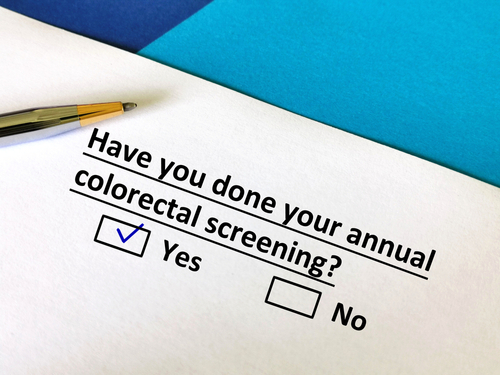Bladder Cancer Life Expectancy
Category:

Bladder cancer begins in the cells of the bladder. Most of these cancers are diagnosed at an early stage and can be easily treated. However, they can often return. That is why it’s important to have follow-up treatments years after treatment. But what is the life expectancy of someone with bladder cancer? In this post, we will review what you need to know about bladder cancer life expectancy.
Life Expectancy with Bladder Cancer
When it comes to life expectancy, bladder cancer can be determined by a number of factors. The American Cancer Society periodically reports on life expectancy after bladder cancer diagnosis based on how far cancer has spread. ACS tracks this by using the SEER database, which does not group cancers into AJCC TNM stages (i.e. stage 1, stage 2, etc.). Instead, it groups cancers into the following stages.
-
Localized: The cancer seems to have not spread outside the bladder.
-
Regional: The cancer has spread to nearby structures or lymph nodes.
-
Distant: The cancer has spread to distant parts of the body such as the bones, lungs, or liver.
The SEER database measures the five-year relative survival rate for each stage. This survival rate compares individuals with the same stage and type of cancer for people in the overall population. For example, if the five-year relative survival rate is 75%, it means people with that cancer are about 75% as likely as those who don’t have that cancer to live five years after their diagnosis.
Untreated bladder cancer life expectancy depends on the stage the patient has reached. The five-year survival rate based on people diagnosed with bladder cancer between 2011 and 2017 are as follows:
-
In situ alone: 96%
-
Localized: 70%
-
Regional: 38%
-
Distant: 6%
-
All SEER stages combined: 77%
It should be noted that the life expectancy of elderly adults with bladder cancer is lower than that of younger patients. However, that does not preclude treatment. UC Irvine Department of Urology still performs aggressive treatments on elderly patients, which can potentially increase the life expectancy of bladder cancer.
Now that we know more about the life expectancy for bladder cancer let’s review the symptoms and treatment methods.
Symptoms of Bladder Cancer
Bladder cancer symptoms include:
-
Blood or blood clots in the urine
-
Fatigue
-
Frequent urination
-
Loss of appetite
-
Lower back pain on one side of the body
-
Painful or burning urination
-
The need to urinate without being able to pass urine
-
Weight loss
Treatment for Bladder Cancer
Treatment for bladder cancer includes:
-
Surgery. A surgeon can either remove the cancer cells or remove the bladder completely. Life expectancy after bladder removal for cancer is difficult to determine but patients are found to have a good quality of life after two years.
-
Chemotherapy. Those with bladder cancer can get chemotherapy either within the bladder itself or in the whole body. The latter can be useful when the person is having surgery to remove the bladder or if surgery is not an option.
-
Immunotherapy. This can be used to trigger the body’s immune system to fight cancer.
-
Radiation therapy. This can be used as a primary treatment when surgery is not an option.
-
Targeted therapy. If other surgeries and therapies are ineffective, targeted therapy can treat advanced cancer.
Subscribe
Date: February 7, 2023
Category:


